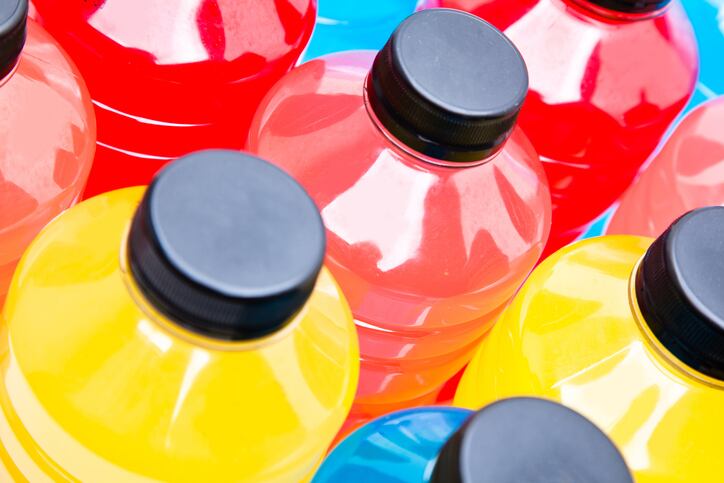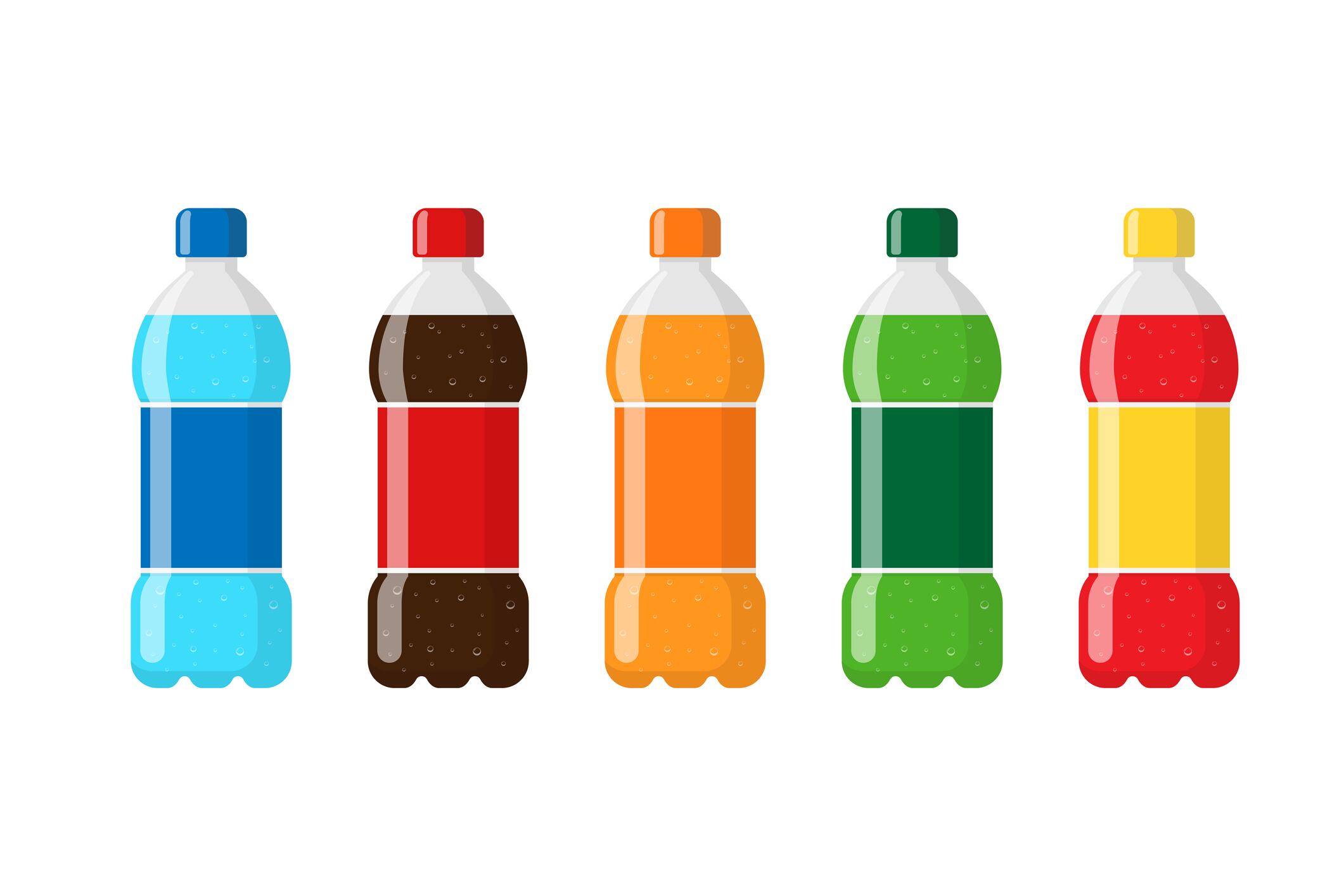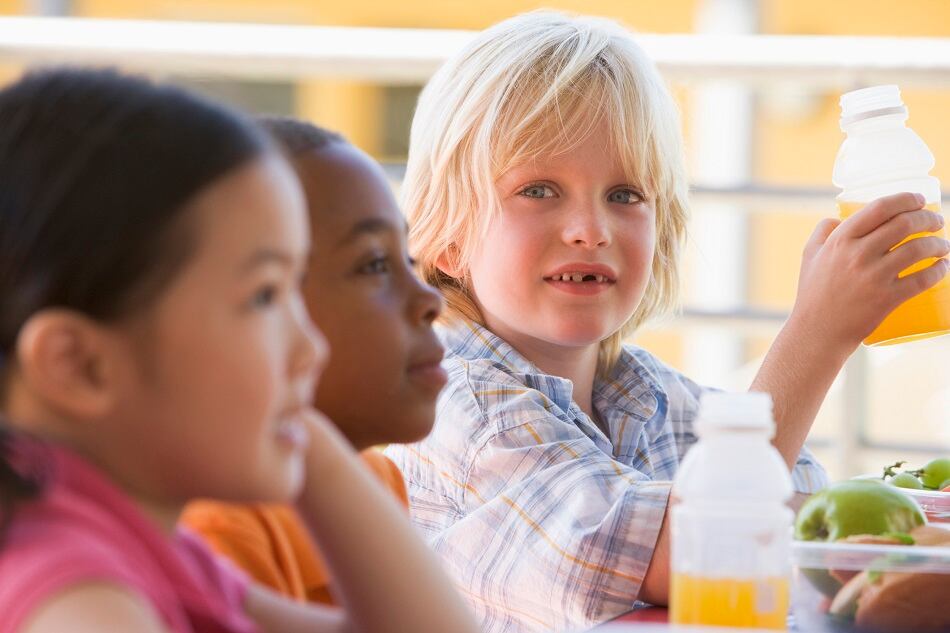A study published today in AJPM Focus found supermarket sales of soda, fruit drinks and 100% fruit juice dropped significantly during a sweeping six-year multi-prong campaign designed to discourage consumption of sugary drinks in Howard County, Md., but the campaign does not appear to have had the same impact on sales of sports drinks.
In the first six years of the Howard County Unsweetened campaign, which was launched in 2012 by the health advocacy organization The Horizon Foundation and several community partners, sales of soda dropped 29.7% while fruit drink sales fell 7.5% and sales of 100% fruit juice plummeted 33.5%.
Researchers measured the drop by gathering retail sales data from IRI for top selling brands in select supermarkets in Howard County, which was matched to a control sample of select stores in a neighboring south-eastern Pennsylvanian community. The researchers then compared weekly beverage sales of these brands through 2018 to reveal the notable purchase declines.
The sales decline came as Howard County Unsweetened partners restricted access to sugary drinks and increased access to water through policy changes, including eliminating sugary drinks in student-accessible vending machines, prohibiting licensed childcare centers from serving sugary drinks to children in their care and requiring healthier options to be more widely available on local government property. More than 50 community organizations, including businesses, faith communities, health groups and others, also joined the effort to offer healthier options at meetings and in vending machines.
At the same time, public health advocates leveraged TV, social media and online advertising to educate consumers about the risks of sugary drink. They also directly educated parents and children at community events and helped healthcare professionals improve their counselling efforts.
The researchers lauded the impact of these efforts on the drop in sales of some sugary beverages, concluding that “substantial and sustained improvements in retail beverage sales can be achieved through coordinated messaging, community organizing and targeted advocacy for policy changes.”
Sports drink consumption ‘remains very high’
However, they also cautioned that the intervention did not appear to have a significant effect on sales of sports drinks, consumption of which “remains very high,” even as it has declined alongside other sugary beverages.
According to the data, sales of sports drinks during the intervention period dropped from about 4,000 ounces per week in both Howard County and the control community in mid- to late-2012 when the campaign began to just over 2,000 ounces during the last weeks of 2018. Because sales in both communities tracked so closely, the researchers concluded that the intervention did not have a significant effect.
The research also reveals that the weekly volume of sports drinks sold were significantly higher than that of diet soda for most of the intervention period and ended at roughly the same level as regular soda consumption at the start of the campaign.
“Sports drinks have proven to be the most difficult [sugar-sweetened beverage] category to influence in [Howard County],” the researchers said, adding that “nationally, consumption of sports drinks in the US remains very high at 5.11 gallons per capita in 2017.”
They hypothesized that “the popularity of sports drinks is attributed to their successful marketing as a lower sugar alternative to soda that also contains electrolytes.”
Based on their findings and consumers’ perceptions of sports drinks, the researchers conclude that “it will be important to continue efforts to decrease sports drink consumption because they are associated with the same negative consequences as those of other [sugar sweetened beverages].”



